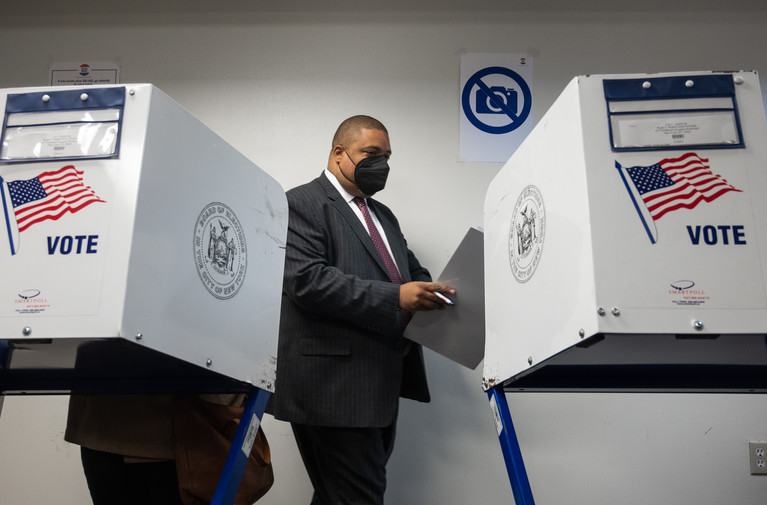Shareholders Upping Pressure on Companies to Disclose Political Activities
In recent years, shareholders have increasingly demanded greater transparency from corporations regarding their political activities, including campaign contributions, lobbying efforts, and affiliations with political organizations. This surge in activism reflects growing concerns about the influence of corporate money in politics and its potential impact on governance, sustainability, and long-term shareholder value.
Rising Shareholder Activism
Shareholders, particularly institutional investors and socially responsible investment funds, are filing resolutions at annual general meetings to push for detailed disclosures of corporate political spending. According to data from the Center for Political Accountability, over 150 shareholder proposals related to political spending were filed in the 2024 proxy season, a significant increase from a decade ago. These resolutions often request itemized reports on direct and indirect political contributions, including payments to trade associations and dark money groups that engage in political advocacy.
The push for transparency stems from concerns that undisclosed political activities could expose companies to reputational risks, regulatory scrutiny, or misalignment with stated corporate values. For instance, shareholders argue that contributions to controversial political causes or candidates could alienate customers, employees, or investors, ultimately affecting profitability.
Legal and Regulatory Landscape
While the U.S. Securities and Exchange Commission (SEC) requires public companies to disclose certain financial information, there is no federal mandate for comprehensive reporting of political expenditures. This regulatory gap has fueled shareholder demands, as investors seek to understand how corporate funds are used to influence policy or elections. The Supreme Court’s 2010 Citizens United v. FEC decision, which loosened restrictions on corporate political spending, further amplified these concerns by allowing companies to spend unlimited amounts on political campaigns, provided the funds are not directly coordinated with candidates.
Some states, like California and New York, have introduced legislation requiring greater transparency in corporate political spending, but enforcement varies. The lack of uniform federal regulations has led shareholders to take matters into their own hands, leveraging proxy voting and engagement with corporate boards to demand accountability.
Corporate Responses and Challenges
In response, some companies have voluntarily adopted political disclosure policies. For example, major corporations like Microsoft and Walmart have published detailed reports on their political contributions and lobbying activities, earning praise from transparency advocates. However, others resist, citing competitive concerns or arguing that such disclosures are unnecessary for business operations.
Opponents of mandatory disclosure often claim that political spending is a strategic decision protected under free speech principles, as affirmed by Citizens United. They also argue that excessive transparency could expose companies to harassment or boycotts from activist groups. Nevertheless, shareholder pressure is proving effective, with many companies facing reputational costs for non-compliance.
Implications for Corporate Governance
The trend toward increased disclosure reflects a broader shift in corporate governance, where environmental, social, and governance (ESG) factors are becoming central to investment decisions. Shareholders argue that political activities are material to assessing a company’s risk profile and alignment with ESG commitments. For example, a company advocating for deregulation through lobbying may face conflicts with its public stance on sustainability.
As shareholder activism grows, legal experts predict that companies will face mounting pressure to standardize political disclosures. Proposed SEC rules, which could mandate reporting on ESG-related risks, may also include provisions for political spending, further aligning regulatory frameworks with investor demands.
Conclusion
The rising tide of shareholder activism underscores a critical moment for corporate transparency in political activities. As investors demand accountability, companies must navigate the delicate balance between strategic political engagement and maintaining trust with stakeholders. With no clear federal mandate, the battle for disclosure will likely continue in boardrooms and proxy statements, shaping the future of corporate governance.
